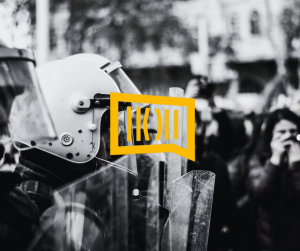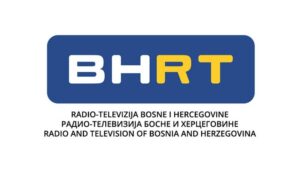The US president Donald Trump has threatened to target Europe after launching then pausing import tariffs on Canada and Mexico. The European Federation of Journalists (EFJ) believes that now is the right time for European governments to make tech giants pay to profit from content produced by European news outlets and their journalists. We call on governments to follow Australia’s example with its newly adoptednews bargaining incentive aimed at ensuring large digital platforms contribute to the sustainability of news and journalism.
Tax Big Tech in order to guarantee platform remuneration (fair share) for journalistic content: this was one of the priorities of the EFJ manifesto for the last European elections.
This is not a new idea. In 2020, in the UK and Ireland, the National Union of Journalists (NUJ) did publish a News Recovery Plan, which it proposed to fund partly through an urgent windfall tax of 6% on the tech giants “whose platforms suck up editorial content without making any contribution to its production”.
Few governments have taken initiatives in this direction. But the concern is back at the forefront, with American economic threats against Europe. Today, the German Federation of Journalists (DJV) called on the current and future German government “to lobby the European Council to ensure that concepts for a European digital tax are implemented quickly”. “Now the time has come for Europe to assert itself in terms of media policy. But we must not miss this moment,” said DJV Federal Chairman Mika Beuster.
In Australia, the Albanese government implemented on 1st January its “news bargaining incentive”, which will require digital platforms with Australian revenues of more than $250m, including Meta, TikTok and Google, to participate by paying a fixed charge or enter direct deals with media companies.
The union for Australian journalists, the Media, Entertainment & Arts Alliance (MEAA), cautiously welcomed the government scheme. MEAA Media Federal President Karen Percy said these reforms would ensure that digital giants paid their fair share for the Australian news content they get for free but monetise for their own profits. But Ms Percy said the News Bargaining Incentive must be accompanied by greater transparency and better assurances that any revenue that is raised – either through a levy on digital platforms or via deals negotiated with media outlets – is invested back into journalism.
“Multinational tech giants, including Meta, have made billions of dollars monetising the work produced by professional journalists and it is only right and fair that they should pay for it,” Karen Percy said. “The funds must be used to support the work journalists do in Australia – it should not be used to reward shareholders or for corporate bonuses or inflating company profits. Smaller regional and rural outlets should also be included under the revised code as their newsrooms have arguably been hit the hardest as a result of structural changes in the industry in recent years”.
In addition to its News Bargaining Initiative, the Australian government announced in December additional funding under the News Media Assistance Program (News MAP) in order to boost journalism and media diversity in Australia over the next four years. MEAA also welcomed this decision. Combined with the revamped News Bargaining Initiative, this could result in up to $400 million in additional funding for the sector over the coming years in Australia.
“We fully support the appeal to the European Council launched by our DJV colleagues, but in the absence of a European initiative for an EU digital tax, there is nothing to stop every government in Europe from following the example of the Australian government,” said EFJ President Maja Sever. “The plundering of journalists’ work by digital platforms must not leave European and national political decision-makers without a reaction. The American tariff threat is an opportunity to take courageous measures to protect the right of European citizens to access independent and pluralist information”.
Source: EFJ




